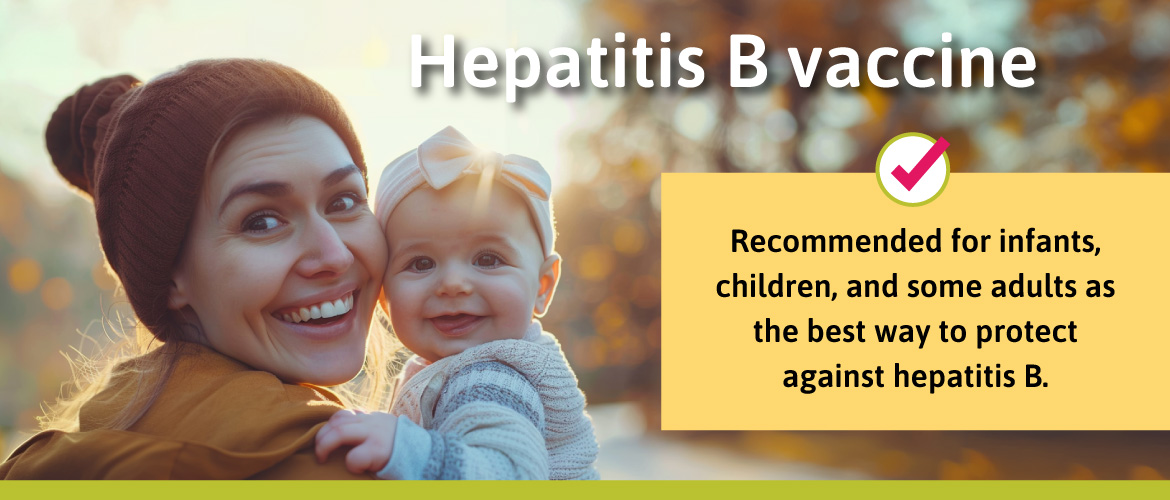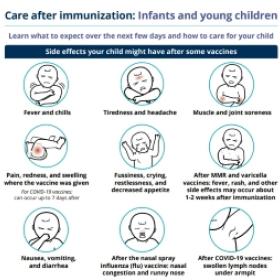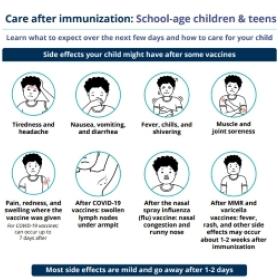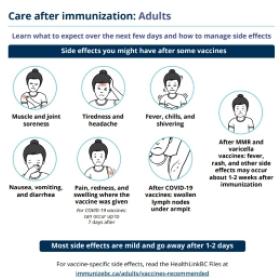On March 31, the ImmunizeBC website will move over to HealthLinkBC.ca After this date, you will be automatically redirected to HealthLink BC’s Immunization landing page. HealthLink BC provides trusted health information online and over the phone 24 hours a day, seven days a week by calling 8-1-1.
Date last reviewed:
Tuesday, May 28, 2024
HealthLinkBC
Available in Français (French), عربى (Arabic), یسراف (Farsi), 한국어 (Korean), ਪੰਜਾਬੀ (Punjabi), and other languages.

Disease it protects against
The hepatitis B vaccine protects against:
- Hepatitis B
Hepatitis B is a virus that attacks the liver. It can cause serious disease, including permanent liver damage, liver cancer and death. Most people who get it have it for a short time and then get better. Sometimes, the virus causes a long-term infection, called chronic hepatitis B. Learn more about hepatitis B.
Fact
Did you know?
Babies and young children infected with the virus are more likely to get chronic hepatitis B.
Who should get the vaccine
| Age | Schedule |
|---|---|
| Infants & young children |
|
| School-age children & teens |
|
| Adults |
|
How well it works
The hepatitis B vaccine works very well. About 95 – 100% of people who receive all the recommended vaccine doses are protected against hepatitis B.
When you or your child gets immunized, you help protect others as well. People who are immunized are much less likely to catch a preventable disease and spread it to others.
Safety
Vaccine safety is a top priority in Canada. Every vaccine must be shown to be safe and effective before it is approved for use in Canada. After approval, the safety of vaccines is continuously monitored. Learn more about vaccine safety.
Fact
Vaccines are very safe
Getting the vaccine is much safer than getting hepatitis B.
Side effects
Many people have no side effects from vaccines. For those that do, they are usually mild and go away on their own within a few days. Serious side effects are very rare.
Side effects of the hepatitis B vaccine can include:
-
Soreness, redness and swelling where the vaccine was given
-
Mild fever
It is important to stay in the clinic for 15 minutes after getting any vaccine because there is an extremely rare chance of a life-threatening allergic reaction called anaphylaxis. If anaphylaxis happens, you will be given medicine to treat the symptoms.
Let your immunization provider/clinic or health care provider know if you or your child have any serious or unexpected side effects after immunization.
How to manage side effects
For information on how to manage side effects, view the immunization aftercare sheets below.
Who should not get the vaccine
Speak to your health care provider if you or your child has had a life-threatening reaction to a previous dose of the hepatitis B vaccine, or to any component of the vaccine.
There is no need to delay getting immunized because of a cold or other mild illness. However, if you have concerns, speak to your health care provider.
Fact
Did you know?
The Hepatitis B vaccine is known as the first ‘anti-cancer’ vaccine because it prevents hepatitis B, the leading cause of liver cancer in the world.
Hepatitis B quick facts
- What it is
-
Hepatitis B is a virus that attacks the liver. Most people who get it have it for a short time and then get better. This is called acute hepatitis B. Sometimes, the virus causes a long-term infection called chronic hepatitis B. Over time, it can damage your liver. Babies and young children infected with the virus are more likely to get chronic hepatitis B.The hepatitis B vaccine has dramatically reduced the number of new hepatitis B cases in Canada in all age groups.
- How it spreads
-
The hepatitis B virus is spread from one infected person to another by contact with blood or body fluids. This includes an accidental or intentional poke with a used needle, being splashed in the mouth, nose, or eyes with infected blood, being bitten by an infected person, sharing items that may have blood on them, such as a toothbrush, dental floss or razor, and by having unprotected sex with someone infected with the hepatitis B virus. People who are infected with the hepatitis B virus can pass the virus to their newborn babies during delivery.
- Symptoms
-
After the virus enters your body, it usually takes 2 to 3 months to develop symptoms or signs of illness. Symptoms of hepatitis B may include fatigue, fever, nausea and vomiting, loss of appetite, abdominal pain, dark urine, pale stools and jaundice (yellowing of the skin and eyes). Many people who get hepatitis B show no symptoms and may not know they have the disease. Whether there are signs of illness or not, you can pass the virus on to others.
- Risks
-
Hepatitis B can cause serious disease, including permanent liver damage (cirrhosis). Hepatitis B is also one of the main causes of liver cancer, which can be fatal.Most adults will recover, but infants and younger children are more likely to develop long-lasting (chronic) hepatitis B infection. If a baby gets hepatitis B, there is a 90% chance that they will have the disease for life.








